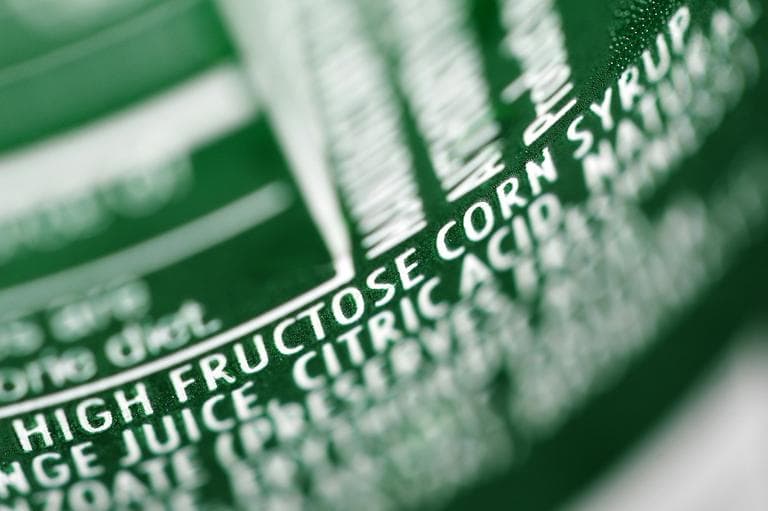Advertisement
Taxing Soda And The Fight Against Obesity: Listeners Weigh In
Resume
Back when I was in seconnd grade, I remember one day we did this little science experiment in class. A dentist came in — he happened to be the dad of one of my classmates — and he brought with him a six-pack of soda. So he stands there in front of the class and talks about how soda has caffeine, it's carbonated, it tastes great, etc., but that it also has a ton of sugar in it. And he says, "And here's what all that sugar does to your teeth!" He holds up a clear plastic cup that's got a dark soda in it, and at the bottom, there's this dissolving, decayed, disgusting tooth. We were 8 years old, so totally grossed out.
Looking back on that now, it's still gross, but it also seems more than a little dated, because tooth decay, while serious, isn't the biggest of soda's problems. Really, what the dentist should have said is, "Look at what it does to your body!" Because soda now seems to be public enemy No. 1 when it comes to America's very serious obesity epidemic.
In New York, Mayor Michael Bloomberg has proposed a ban on sugary drinks larger than 16 ounces. Here in Massachusetts, a legislative effort to end the sales tax exemption on soda went down in flames last month.
And yet, the calorie count and sugar content in soda are a problem. But today, we'll take a moment to explore whether taxes and bans, essentially punitive measures, are really the best way to deal with obesity. Should we be saying, "AMERICA, put down the Double Big Gulp!" Or maybe instead, design policy and maybe even tax incentives to encourage healthier living?
Guests:
- Eric Rimm, associate professor of epidemiology and nutrition at the Harvard School of Public Health
- Kelly Brownell, director of the Rudd Center for Food Policy and Obesity at Yale University
This segment aired on June 11, 2012.